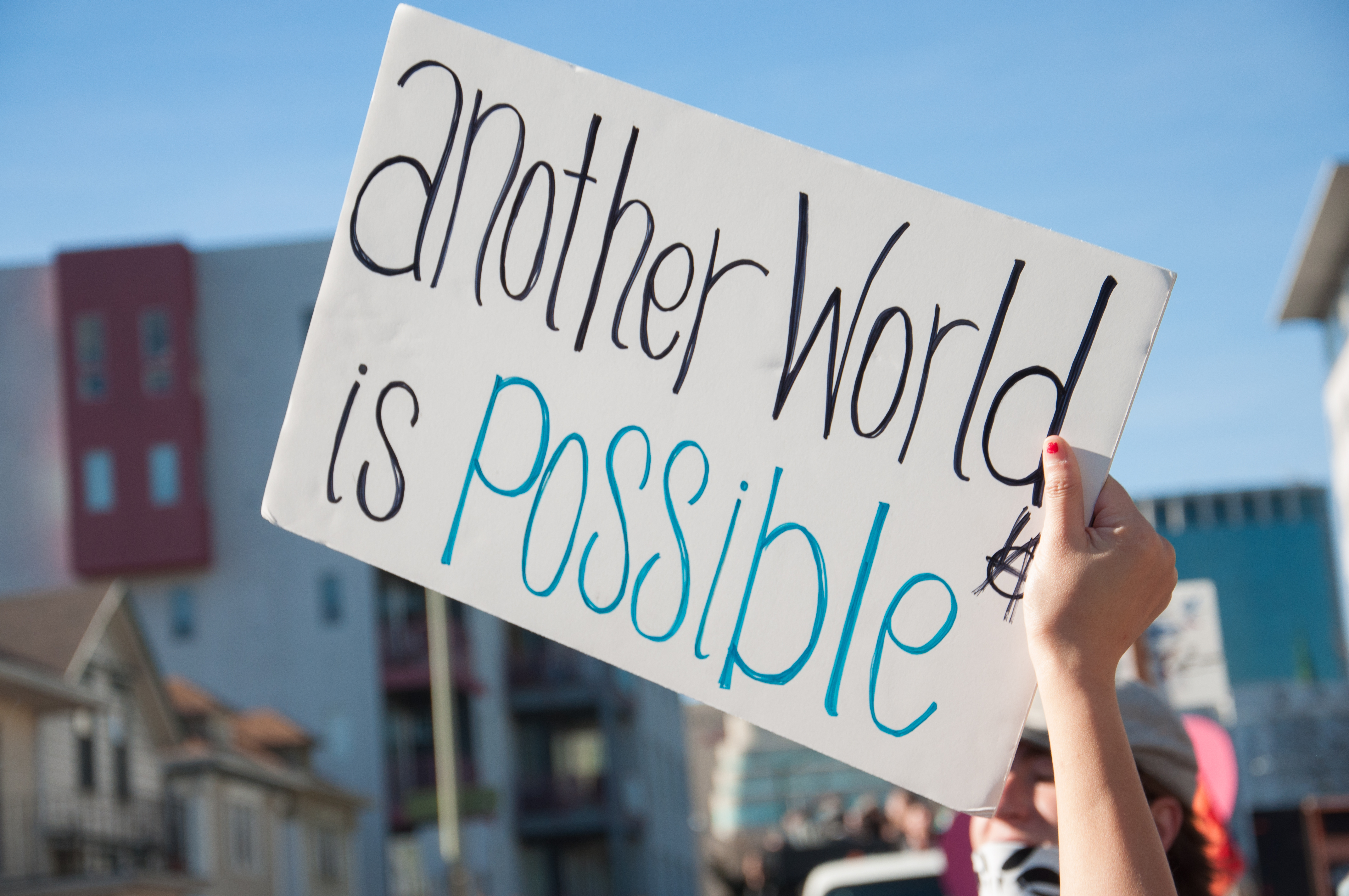Utopia / Dystopia
I've spent the last 6 years researching theories of utopianism and their literary counterparts so am delighted to be teaching on the University of Lincoln's MA optional module "Writing Utopia and Dystopia" this year.
The module starts with Thomas More’s foundational 1516 text, Utopia, and identifies key features and characteristics of the literary utopia, tracing the development of the genre from More to the late nineteenth-century classic utopias – Edward Bellamy’s Looking Backward (1887), William Morris’s News from Nowhere (1890) and H. G. Wells’s A Modern Utopia (1905) – and then through to the twentieth- and twenty-first centuries. The first part of the module addresses the classic dystopias of the early twentieth century and considers ways in which utopian writing has become the principal vehicle for social and political theory in contemporary fiction, examining its relationship to the crisis of the Enlightenment project of modernity.
I team teach the first two workshops with my colleagues Dr Rupert Hildyard and Dr Siân Adiseshiah, where we discuss More, Bellamy, Morris and Wells. I also teach a workshop on 21st-century utopian fiction, exploring Jim Crace's The Pesthouse (2007) and the question of the scaling down of utopian possibility in "microtopian" representations of community.
Image by Steve Rhodes under a CC BY-NC-ND license.







 Dr Caroline Edwards is Senior Lecturer in Modern & Contemporary Literature at Birkbeck, University of London. Her research and teaching specialisms are in 21st century literature and critical theory, science fiction and post-apocalyptic narratives, Marxist aesthetics, and utopianism.
Dr Caroline Edwards is Senior Lecturer in Modern & Contemporary Literature at Birkbeck, University of London. Her research and teaching specialisms are in 21st century literature and critical theory, science fiction and post-apocalyptic narratives, Marxist aesthetics, and utopianism.
when do you think you will read The Handmaid’s Tale? It’s my fave, and I have been planning on re-reading it this year. Maybe we could do a buddy read!If you like the Utopian genre, you slhuod defnitely check out the collection Daring to Dream: Utopian Fiction by US Women Before 1950. There are some great stories in it!